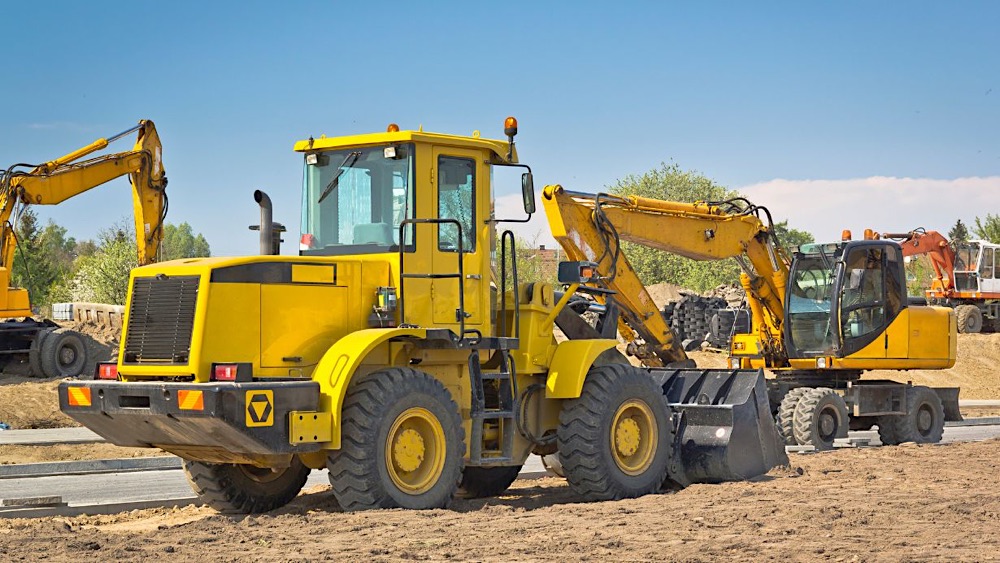
One of the most effective ways to lower Contractors Insurance costs is to reduce the number of claims. But unfortunately, construction sites are filled with hazards that cause injuries. In 2020, there were 165,300 injuries in construction, according to the U.S. Bureau of Labor Statistics (BLS), and the highest number of fatal work injuries (1,008) in any industry.
One of the biggest causes of injuries in the construction industry is heavy equipment – boom lifts, backhoe loaders, bulldozers, etc. - which are, of course, an essential part of just about any worksite. According to OSHA, “Approximately 75% of struck-by fatalities involve heavy equipment such as trucks or cranes.” OSHA also reports that “being struck by vehicles, heavy equipment, and other objects is the top cause of injuries and the second cause of death for construction workers.”
Heavy equipment accidents, such as the following, can cause lacerations, crushed or broken bones, spinal cord damage, internal damage, and more:
- Being pinned and/or crushed under heavy equipment
- Falling off heavy equipment
- Being struck by heavy equipment
- Rollover accidents
- Being run over or backed over by heavy equipment
- Being caught between two pieces of heavy equipment
Heavy Equipment Safety Tips
When you work with or around heavy equipment every day, it’s easy to become complacent, but everyone – operators and ground workers - should be alert wherever heavy equipment is used. Most construction site accidents can be avoided with these tips:
Owners/Managers Safety Tips
- Only allow trained (and, where required, certified) equipment operators
- Provide safety training
- Provide an operating manual to the operator
- Provide spotters where needed
- Install rollover protection on equipment
- Ensure good communication, such as standardized hand signals
- Maintain equipment
- Provide Personal Protective Equipment (PPE) where needed
- Provide proper lighting when appropriate
Operators Safety Tips
- Be familiar with the equipment
- Do not make sudden or sharp turns or swings
- Honk at intersections
- Wear seat belts
- Wear appropriate Personal Protective Equipment (PPE
- Do not jump on or off of the equipment
- Understand the company’s policy on the right-of-way
- Inspect equipment before using
- Inspect the ground conditions, looking for holes, uneven surfaces, obstructions, etc.
- Work in well-lit areas
- Avoid working parallel to slopes or embankments
- Do not overload vehicles
- Only ride in approved seats
- Stay alert
Ground Worker Safety Tips
- Wear high-visibility clothing
- Do not stay in equipment blind spots
- Avoid working near heavy equipment
- Ensure that the operator sees you before approaching them
Crane Safety Tips
The Construction Center of Excellence reports that approximately 82 deaths occur every year due to crane accidents at construction sites and offers these safety tips specific to cranes, such as mobile, overhead, gantry, and jib cranes:
- Know load limitations and the weight of the load to be lifted.
- Evaluate the center of gravity of the load when attaching the rigging.
- Ensure rigging and cribbing is adequate to support the crane and the load.
- Understand the reach and travel limits of the crane before moving the load to avoid extra handling, sudden stops, and uncontrolled load swings.
- Ensure the crane is able to move the load without tipping.
- Inspect ground conditions, outriggers, and weather before lifting a load.
5 Backup Safety Tips
The Construction Center of Excellence reports that “one out of four accidents occur because of bad backing-up techniques and procedures.” The report also states that backing-up accidents account for 500 deaths and 1,500 injuries annually. (2014 study)” Here are backup safety tips.
- Inspect your vehicle and identify potential overhead or underground hazards
- Identify blind spots
- Work with a spotter when appropriate
- Watch your speed
- Identify overhead and underneath obstructions (powerlines, trees, trenches)
Lower Contractor's Insurance Costs the Quick and Easy Way
Want to learn more about how to lower the cost of your Contractors Insurance? Call American Insuring Group at (800) 947-1270 or (610) 775-3848 or connect with us online. We specialize in Contractors Insurance and understand the unique challenges and needs of the industry.
We'll compare competing insurance providers to find you the coverage you need at a great price!




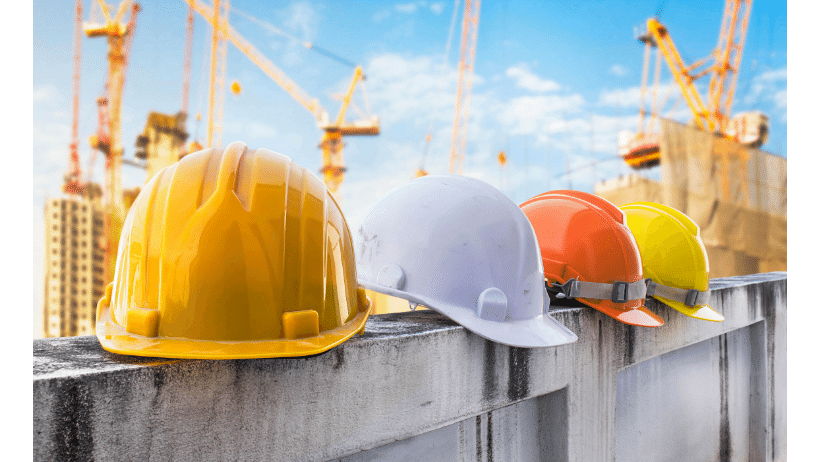 People often refer to
People often refer to 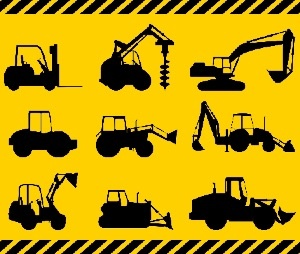 Whenever the Bureau of Labor Statistics (BLS) releases its list of the deadliest jobs in America, some type of construction work is on that list.
Whenever the Bureau of Labor Statistics (BLS) releases its list of the deadliest jobs in America, some type of construction work is on that list.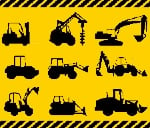 Unfortunately, accidents still happen, but the right insurance can help protect you and your employees if an injury does occur.
Unfortunately, accidents still happen, but the right insurance can help protect you and your employees if an injury does occur. 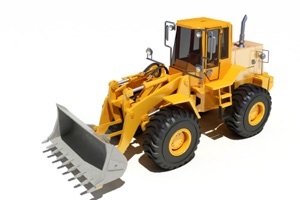 Have you ever arrived at one of your construction sites eager to start the day only to find that a piece of heavy equipment is missing, and a $250,000 lump is forming in your throat?
Have you ever arrived at one of your construction sites eager to start the day only to find that a piece of heavy equipment is missing, and a $250,000 lump is forming in your throat?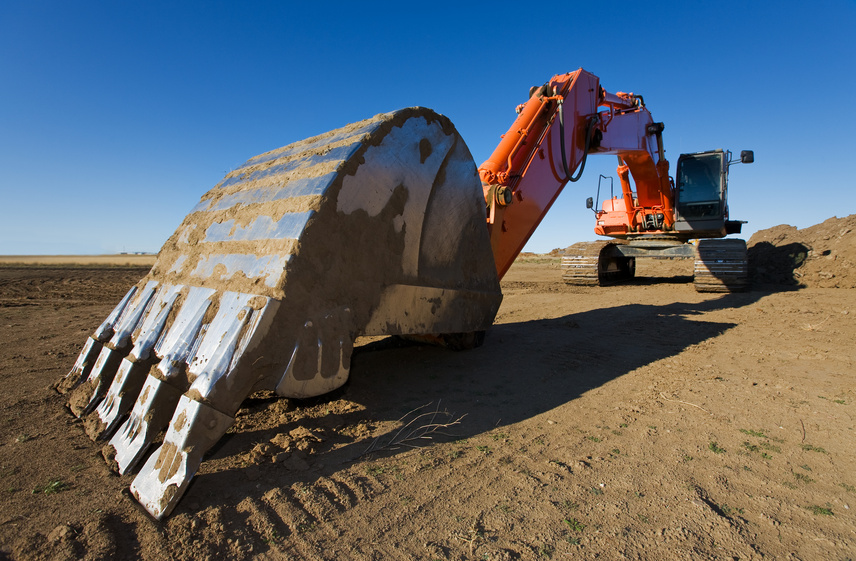 Builder’s Risk Insurance (a.k.a. Course of Construction Coverage) is property insurance that covers damage to a building during construction. It may cover just the structure itself, or it can include materials, fixtures, and/or equipment being used in the construction or renovation of the building.
Builder’s Risk Insurance (a.k.a. Course of Construction Coverage) is property insurance that covers damage to a building during construction. It may cover just the structure itself, or it can include materials, fixtures, and/or equipment being used in the construction or renovation of the building.  Whether you need general contracting insurance, contractor workers’ comp, builder’s risk insurance, or any other type of insurance, we have you covered. We’ll take a close look at your business; recommend the right insurance for you, then (after shopping many competing insurance brands) offer you the best insurance protection at the best price.
Whether you need general contracting insurance, contractor workers’ comp, builder’s risk insurance, or any other type of insurance, we have you covered. We’ll take a close look at your business; recommend the right insurance for you, then (after shopping many competing insurance brands) offer you the best insurance protection at the best price.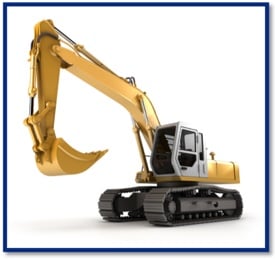 If your business requires the use of heavy equipment - such as tractors, backhoes, and forklifts – chances are a large percentage of your business assets are tied up in that equipment, making the protection of that equipment from damage or loss a high priority for you and your business.
If your business requires the use of heavy equipment - such as tractors, backhoes, and forklifts – chances are a large percentage of your business assets are tied up in that equipment, making the protection of that equipment from damage or loss a high priority for you and your business.  Since no amount of prevention will stop every thief, it’s important that you contact an American Insuring Group agent at
Since no amount of prevention will stop every thief, it’s important that you contact an American Insuring Group agent at 



